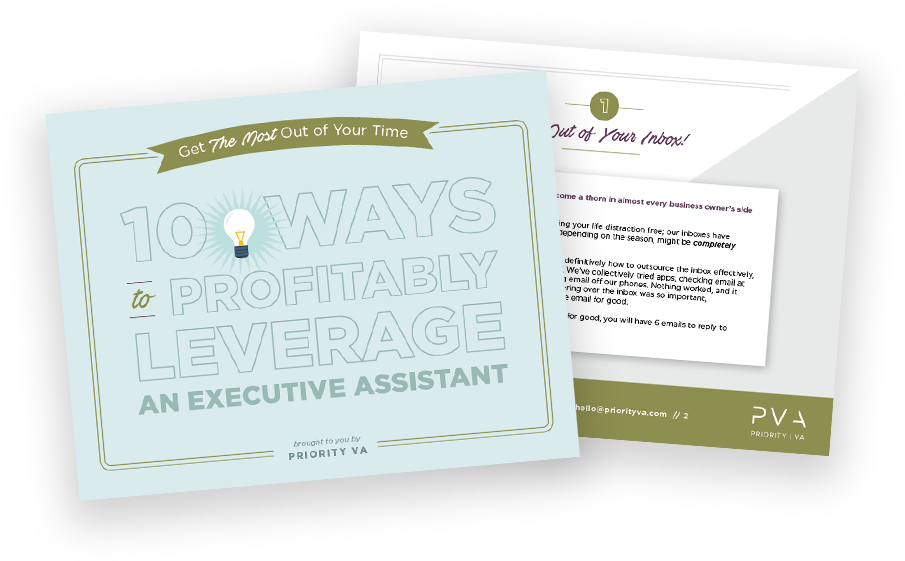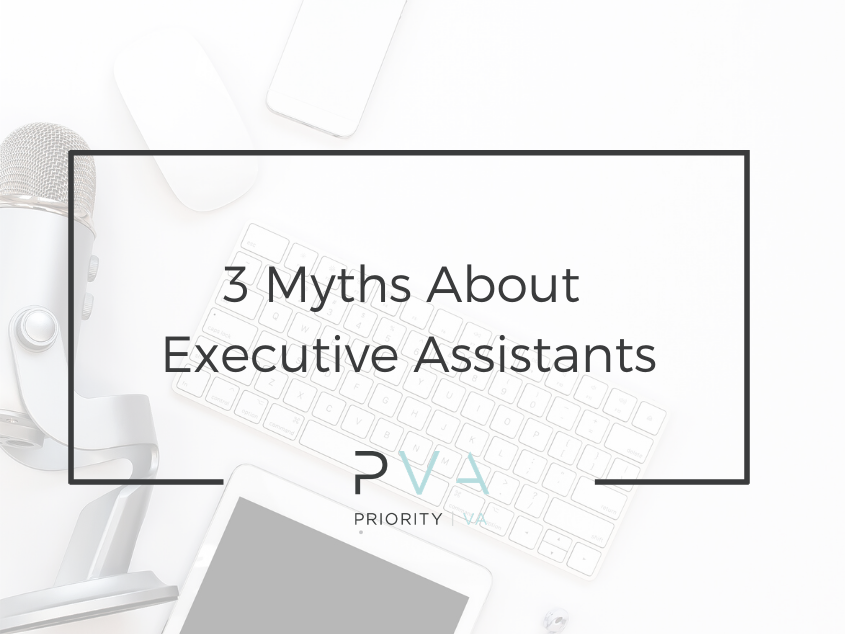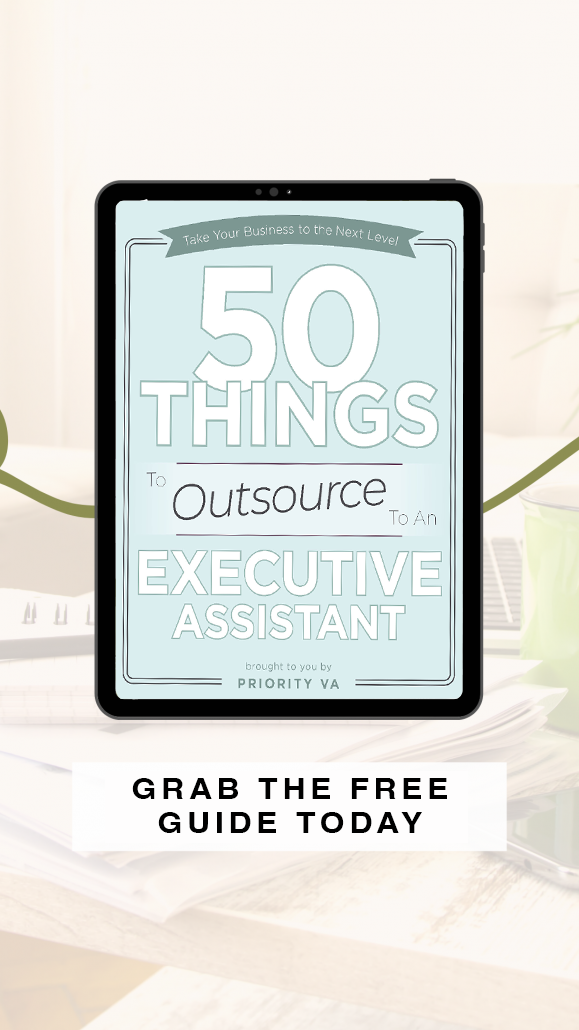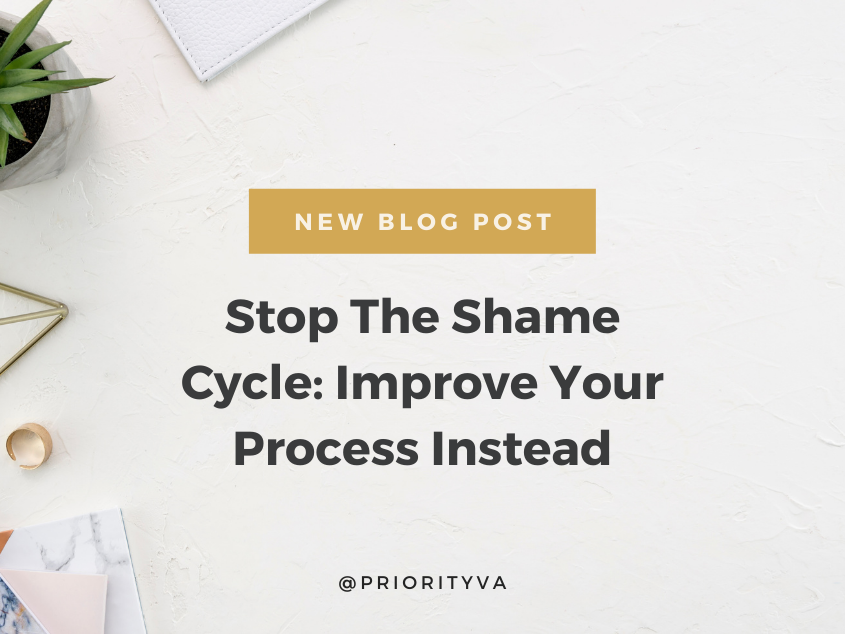Traditional public perception may make you think that an Executive Assistant is nothing more than a “glorified secretary,” but that is not the case.
A dialed-in Executive Assistant (EA) is a valued business partner who creates stability and structure for a Leader. This structure gives the Leader more time to work on the business, achieve scale, and experience work-life balance.
EAs carry a wide range of skills, training and expertise, and do not solely perform administrative duties, though many myths would have you believe otherwise.
Here are 3 myths about EAs, and the truth about this unique role.
Myth #1 – Executive Assistants are subordinate to the Executive
The word “subordinate” implies that an Executive or Leader is above the EA. This imagery does not accurately depict the dynamic in an ideal Executive-EA partnership.
An EA works with a Leader, alongside them, and as a valued business partner. The two are codependent on each other (in a good way) meaning, one does not exist without the other and that they need each other to succeed.
An Executive should lean on their EA for strategic management of their calendar, coordination of travel and appointments, and for advocacy and networking at events… amongst many other responsibilities.
If an Executive is perceived as “above” an EA, it creates an impression that the EA lacks ownership of the role. A successful EA owns their role and is empowered to speak on behalf of the Leader he or she serves. The EA carries influence, which makes them more than a “glorified secretary.”
When an EA is empowered in their role, the Executive is free to stop working IN the business and enables them to delegate with confidence. This can only be done when the two work together as equal partners to develop relationship, trust and transparency.
(NOTE: An Executive Assistant should be a Stabilizer helping you tackle the big and small projects critical to your success, growth, momentum, and scale. Not sure what to delegate to an EA? Sign up for 10 Ways to Profitably Leverage an Executive Assistant.)
Myth #2 – EAs do not possess specialized skills or training
EAs do not necessarily require a degree to do the work they do, but that does not mean that many (or most) EAs are highly educated with specialized training.
To perform well in their role, EAs must be quick studies and lifelong learners. They must adapt to new technology and keep up with industry trends to best serve their clients.
Many EAs have backgrounds in bookkeeping, content marketing, sales, and even business ownership. This specialization is an added value to Executives, who need more than just administrative support.
The myth that EAs do not possess specialized skills or training creates a belief that “just anybody” can be an EA. This is technically true, but you get what you pay for.
High performing EAs are not likely to be found for $10/hour. At least, not for the level of partnership and support you desire to make a meaningful impact on your efficiency and productivity.
You don’t have to break the bank to afford an EA, but a meaningful investment ensures you are attracting the quality talent you desire.
Myth #3 – An EA is a luxury you can’t afford
Many business owners are under the impression that EAs are for high-profile, international CEOs…not the solopreneur.
Nothing could be further from the truth. In fact, it is often recommended that an EA be your first hire — no matter the size of your business.
The truth is that not all of your responsibilities valued equally. If you are a photographer, the value of you shooting and editing is a lot more valuable than location scouting and setting appointments.
This helps you to see that some tasks really are not the best use of your time, and affect your bottom line. When you are in charge of doing everything in your business, you don’t have time to work on your business to create scale.
EAs are not reserved for high-profile Executives who seem like they “deserve” it. They are for any and all business owners who 1) want help 2) are willing to delegate 3) and want more stability so they can have better work-life balance.
These three myths may cloud the true value of an EA, but a right understanding of the role can help you appreciate that it is a service ALL are worthy of in their business.

Don’t sacrifice your dreams, delay the important, or put life on hold – gain the sanity-saving momentum you need as a busy Executive or Small Business Owner with our 10 Ways to Profitably Leverage an Executive Assistant.





